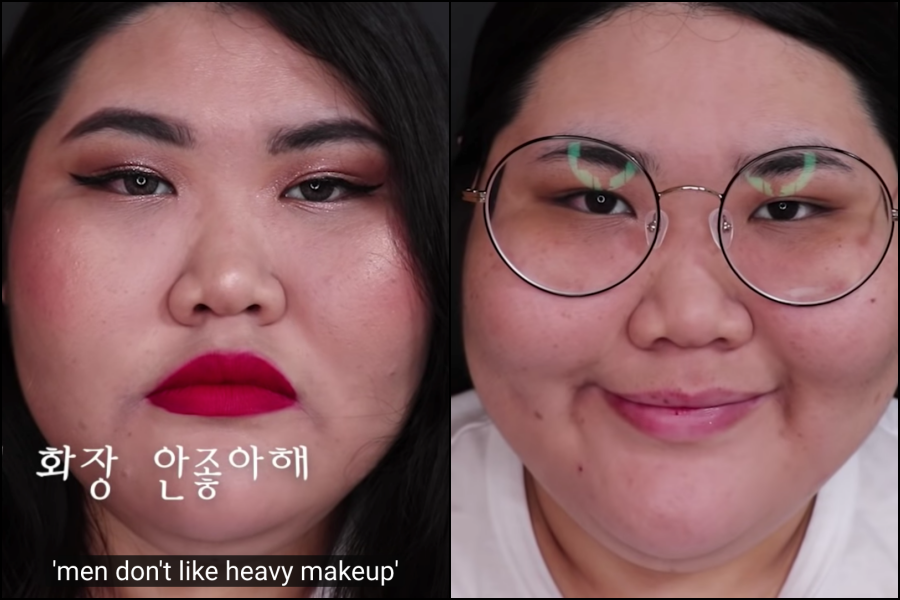Beauty out of the box: keeping up with the modern Asian woman
From 'Escape the Corset' to the #MeToo movement, women around Asia are pursuing broader freedoms, rights and methods of expression. This includes reclaiming the definition of beauty. And brands are in a unique position to respond and engage.
by Li Mei Foong

Please sign in below or access limited articles a month after free, fast registration.
If you don’t yet have an account, you can register for free to unlock additional content. For full access to everything we offer, view our subscription plans.
Sign In
Register for free
✓ Access limited free articles each month
✓ Email bulletins – top industry news and insights delivered straight to your inbox
Subscribe
✓ Unlimited access to all Campaign Asia content
✓ Real-world campaign case studies and career insights
✓ Exclusive reports, industry news, and annual features
